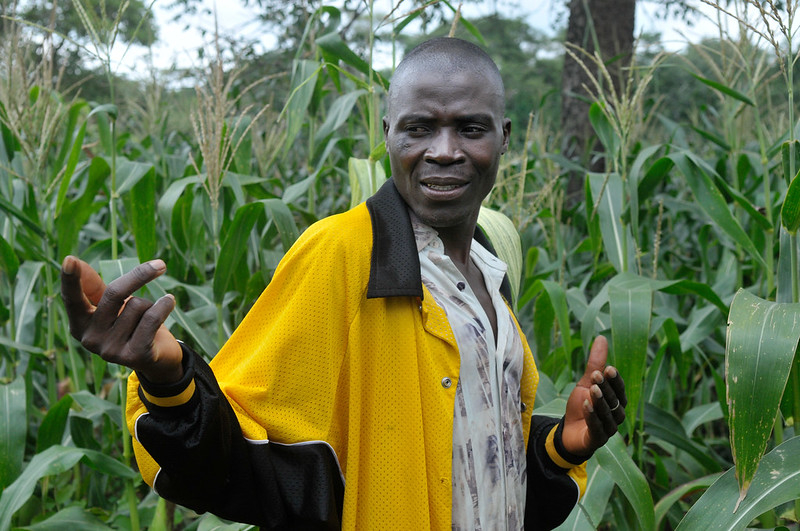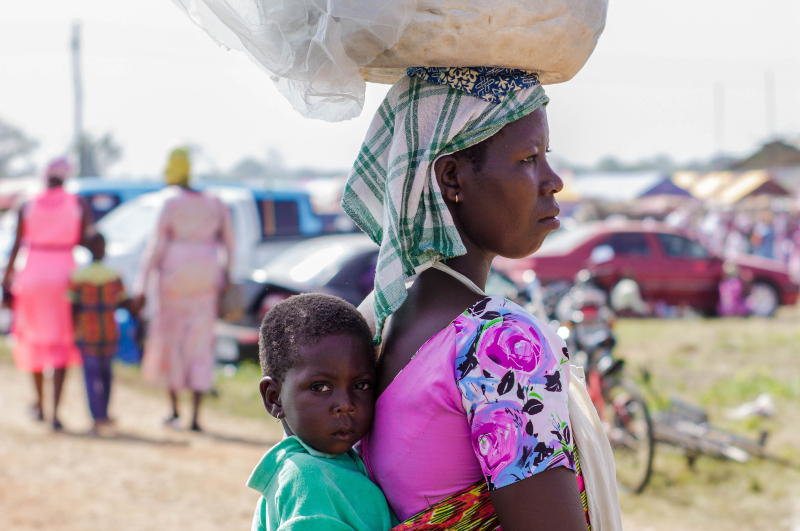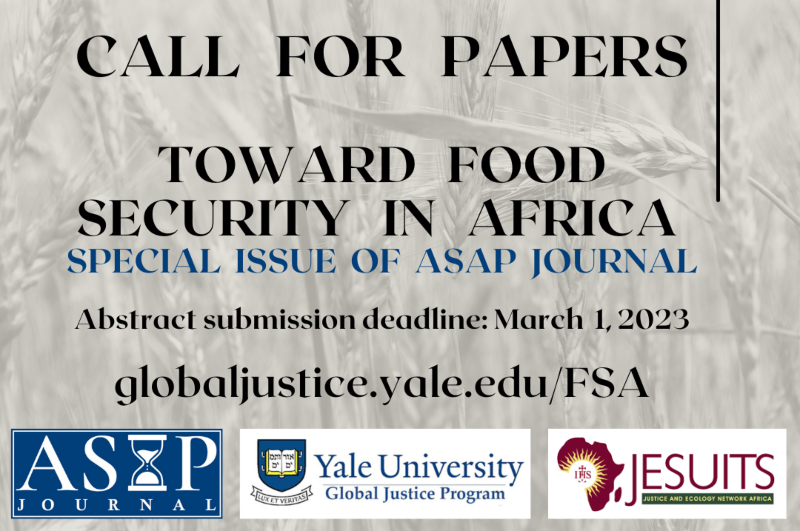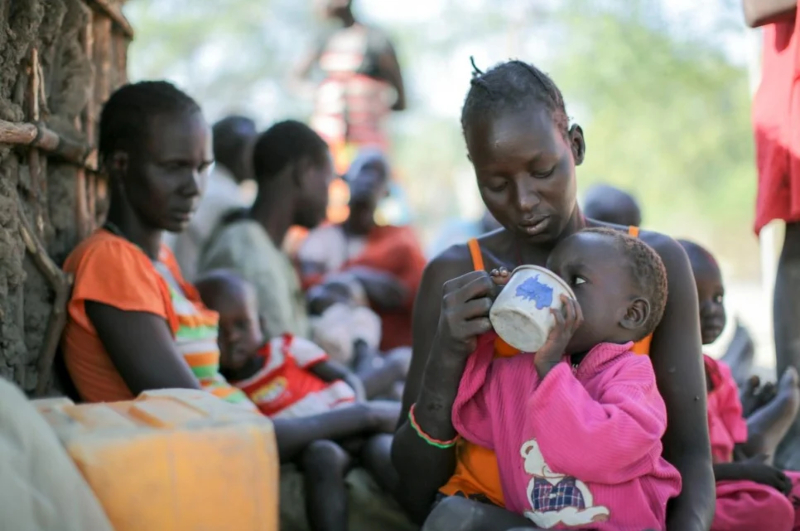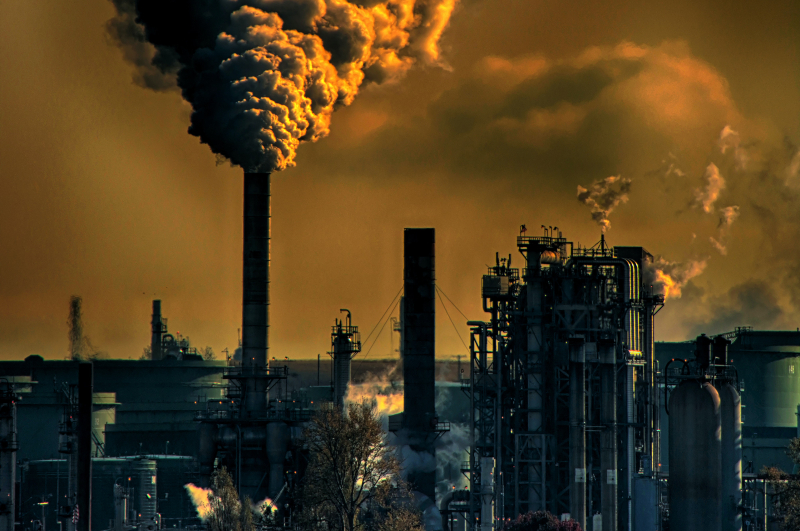



Global food commodity prices, especially those global grain and vegetable oil prices, have reached record highs in a decade hitting poorer countries harder.
The surge in food prices is driven mainly by the war in Ukraine, which is wreaking havoc on a global food system already weakened by Covid-19, climate change and an energy shock. Since the start of the year, wheat prices have gone up by 53%, which during this month alone have gone up by a further 6% mainly on account of India’s announcement that it would suspend exports because of a heatwave. It is estimated that 400 million people depend on Ukraine’s food exports. Many poorer countries are dependent on these exports to feed their people. East Africa imports 90 percent of its wheat from Ukraine and Russia. Wheat is an important food, if not one of the staple foods, for many people in the region where millions are on the brink of famine. It is estimated that in this drought-ravaged region, one person is likely dying from hunger every 48 seconds.
Wrong Choice!
Yet governments, world leaders, and policymakers are choosing not to act with concern and with the speed and seriousness the crisis is demanding. They have put food security at the bottom of their to-do list. For example, in addition to failing to allocate sufficient funding to agriculture and heal the broken food system, some governments are still taking the deplorable decision to increase the production of biofuels at the expense of food production. The seven world-leading producers of biofuel including the U.S., China, India, EU, Brazil, Indonesia, and Argentina will increase their consumption of first-generation biofuel by 43%. Europe is still changing 10,000 tonnes of wheat - the equivalent of 15 million loaves of bread (750gr) - into ethanol for use in cars every day. The United States Renewable Fuel Standard (RFS) program set new targets for biofuel production amidst food price hikes. The Environmental Protection Agency (EPA) through the RFS proposes that oil refiners blend billions of gallons of biofuels into the nation’s fuel mix.
The Cost of Wrong Choices
With these developments, a rise and volatility in food and feed prices are expected considering crops are diverted from the food system into the production of biofuel. For example, an empirical study in Ghana showed that the largest food security effects of the biofuel mandate have negative impacts on food prices and increase import dependency. Increasing corn demand for biofuel has also resulted in the reduction of other feed crops, or on the worse, wetlands and other lands lying fallow may be converted into arable farmlands. Taking a closer look, the diversion of food resources to the fuel market also means that the food-producing resources like water, land, and labour will also shift to biofuel production or put crudely will be poured into cars. The diversion has an opportunity cost in terms of land use. In developing countries, the diverse land tenure systems may portend negative outcomes for the livelihoods of peasant farmers and local communities. For instance, the pastoralist communities may have their native grazing lands converted into bioenergy crop plants. Without sufficient locally-produced food, the poor are disadvantaged by their inability to access food, education, and health care.
Land Grab
Furthermore, countries with histories of economic dependence on commodity crops are already being seen to have the potential for cultivating bioenergy feedstock by the biofuel industry. For instance, Africa with histories of commodity crops has become a destination for the international biofuel industry. Under such a scenario where governments encourage large-scale investment in bioenergy crops, local communities run the risk of land dispossession, and therefore being stripped of their rights to self-determination over their land.
A keen look at some previous reports in Ethiopia, Madagascar, Ghana, and Mali has indicated that land acquisitions for land-based investments have taken an upward trend with three-quarters of the land being acquired by foreigners. With an inadequate land base in industrial economies, Africa has become a destination for foreign organizations. Public attention has been drawn to the huge land acquisition in Mozambique for plantation-based projects targeting biofuel crops where 30,000 ha of land has been allocated for sugar cane and bioethanol production projects. Kenya’s agriculture illustrates a good case to consider when thinking about the allocation of land to crops for biofuel productions where rich arable lands have been allocated to cash crops such as tea and coffee that are by and large meant for export to the northern countries.
In Europe, biofuel consumption requires an area equivalent to 5% of its total cropland. In order to replace only 6.5% of the EUʼs imports of crude oil, gasoline, and diesel from Russia with biofuels grown in Europe, this share of biofuels in Europe’s total cropland would need to be doubled. And if Europe decides to replace all these imports with domestic biofuels, this would lead to a loss of at least 70% of all cropland, which would now be dedicated to powering cars and trucks. This will still have implications for Africa as such choices directly impact global food prices.
Choosing life rather than death
In the face of the current crisis, with millions of people facing starvation, we call on governments to immediately halt the use of food and feed crop-based feedstocks in biofuels and stop pushing for opening up biodiversity set aside areas for food production. We believe that countries still have other options that are yet to be exhausted. Here is where the calls by Pope Francis for decisions to build an economy that gives life rather than kills matter. The choice of pumping grain into cars leaving millions to die of hunger is a choice to kill rather than give life. In his Evangelii Gaudium (The Joy of the Gospel), Francis stated: “Just as the commandment ‘Thou shalt not kill’ sets a clear limit in order to safeguard the value of human life, today we also have to say ‘thou shalt not kill’ to an economy of exclusion and inequality. Such an economy that chooses to feed cars rather than feed human beings kills.
References
Maintaining Biofuel Mandates Worsens Global Food Crisis Caused By Russia's Invasion of Ukraine
Biofuels, land grabbing and food security in Africa
Encyclical Letter Laudato Si’ of the Holy Father Francis on Care for our Common Home
Related Articles
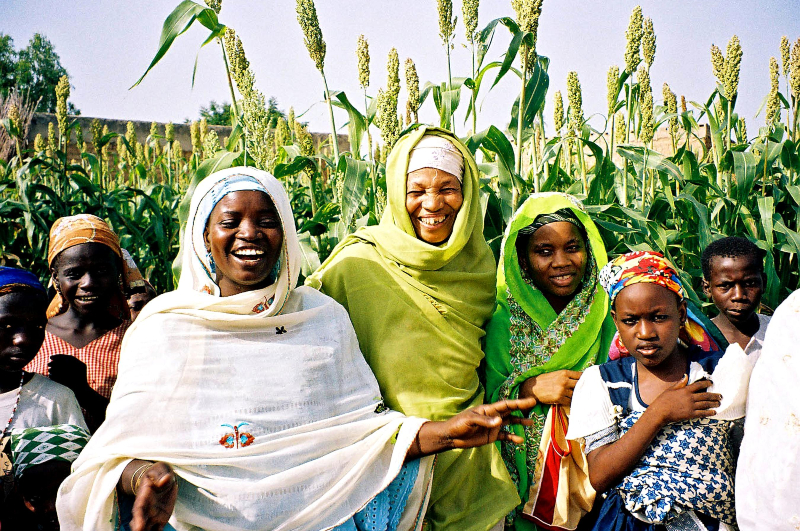
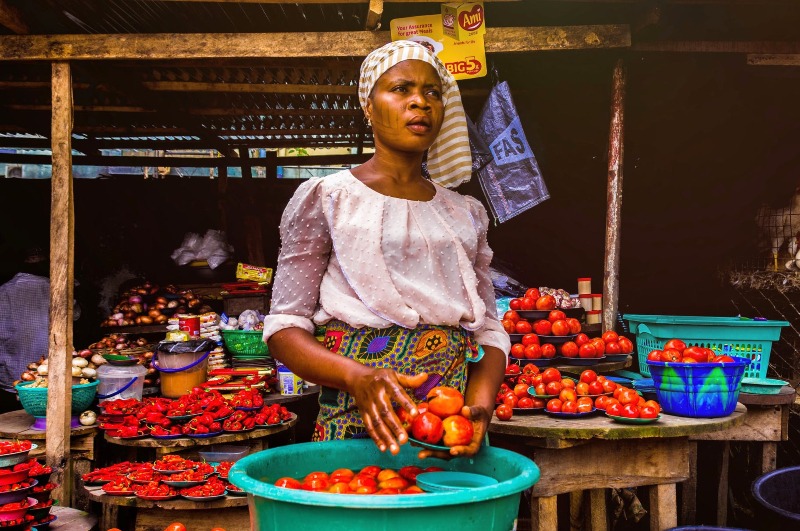
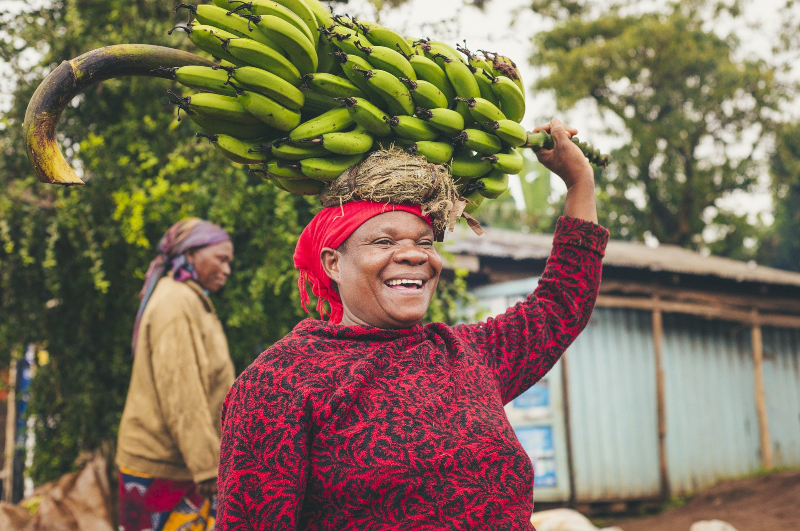
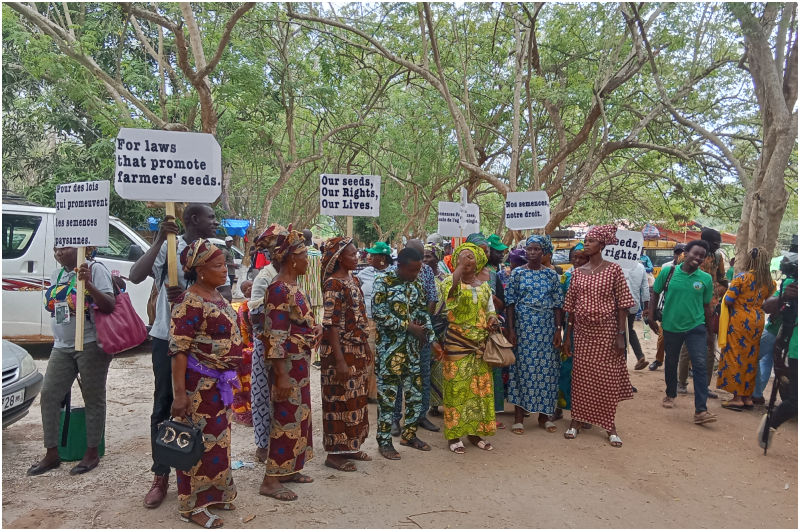
Select Payment Method
Pay by bank transfer
If you wish to make a donation by direct bank transfer please contact Fr Paul Hamill SJ treasurer@jesuits.africa. Fr Paul will get in touch with you about the best method of transfer for you and share account details with you. Donations can be one-off gifts or of any frequency; for example, you might wish to become a regular monthly donor of small amounts; that sort of reliable income can allow for very welcome forward planning in the development of the Society’s works in Africa and Madagascar.
Often it is easier to send a donation to an office within your own country and Fr Paul can advise on how that might be done. In some countries this kind of giving can also be recognised for tax relief and the necessary receipts will be issued.


